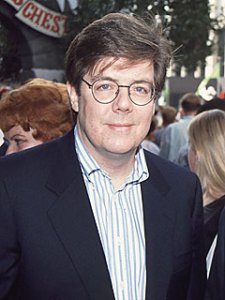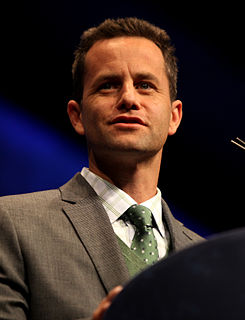A Quote by Roger Ebert
If a movie isn't a hit right out of the gate, they drop it. Which means that the whole mainstream Hollywood product has been skewed toward violence and vulgar teen comedy.
Related Quotes
Now in regard to trades and other means of livelihood, which ones are to be considered becoming to a gentleman and which ones are vulgar, we have been taught, in general, as follows. First, those means of livelihood are rejected as undesirable which incur people's ill-will, as those of tax-gatherers and usurers. Unbecoming to a gentleman, too, and vulgar are the means of livelihood of all hired workmen whom we pay for mere manual labour, not for artistic skill; for in their case the very wage they receive is a pledge of their slavery.
The whole Hollywood conception of Tibet as this peace-loving country denies the complex humanity of the Tibetan people. Their ideas exist in a high degree of tension with impulses toward corruption, toward violence, toward all sorts of things. The Dalai Lama himself would say that he has to fight these impulses himself on a daily basis.
Obviously it's one of my biggest wins, and especially after a long layoff, to come back out and win in my fifth start means a lot. I've been working hard on my game and been working hard on me, and so it means a great deal to have some success right out of the gate. It gives me a lot of confidence, too.
I think if you look at Hollywood as a whole and the type of content that they put out over the years, it's pretty homogeneous, right? They haven't done a really deep dive into a lot of stories of people of color. I don't want to say that there haven't been attempts, and there has been some great product that has come out over the years, but I think in 2016, we're in a world of struggle. It's not just about race, it's also about the LGBT community too and others.
If you think of the product as a service, then the separate parts make no sense - the point of a product is to offer great experiences to its owner, which means that it offers a service. And that experience, that service, comprises the totality of its parts: The whole is indeed made up of all of the parts. The real value of a product consists of far more than the product's components.
What I'm realizing as I get older is that a movie's mainstream success is just as unpredictable as a movie's cult success. Plenty of movies that are truly odd and deserve cults, don't have cults. It's just as much of a crapshoot to be a cult hit as it is to be a mainstream success. Isn't that weird?
Only one time in my career I had that feeling [that this is not gonna get made], it was for this movie [Life of Pi]. It was right before we started the physical pre-production. I pre-visualized the whole ocean part before we made the movie, I was that prepared. At one point they seemed to want to drop it because it was really risky. The budget we proposed was a lot higher than they expected, they wanted to [drop it]. After all, it's a philosophical book and a literature property, it's not Batman.
England has been praised for turning out intelligent, adult pictures whereas Hollywood has been severely censured for turning out junk. I don't think criticism is a valid one because, in defense of Hollywood, we have censorship problems England doesn't have. I'm not speaking of the license to do sexy stuff. I'm speaking of the license to present adult ideas and viewpoints, which we lack and which means in turn that many of our pictures lack intelligent content.
Fidelity is the total quality of an experience, including a sense of exclusiveness and aura. Convenience is simply how easy something is to get, which often means a low price and ubiquitousness. A super-fidelity product or service would lose its luster and quality if it's pushed too hard toward convenience. A super-convenient product or service would start to get expensive and exclusive if it moved toward higher fidelity, which would naturally undermine its convenience.



































